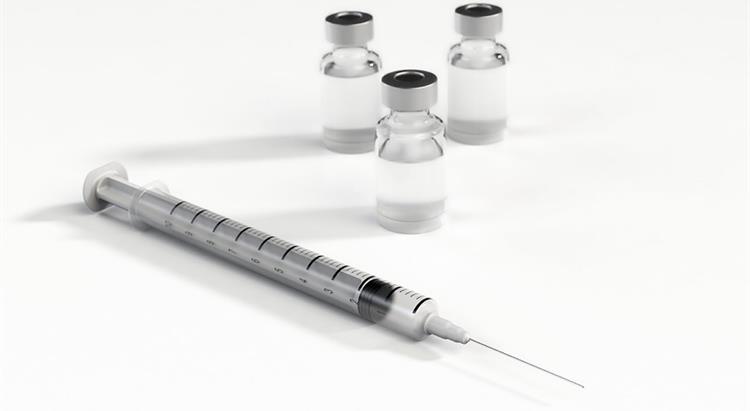16 January 2019

Islanders who are eligible to receive the shingles vaccine are being urged to take up the offer, as evidence from the UK confirms its protectiveness in preventing shingles and the debilitating complication of nerve pain.
In Jersey, people are eligible for the vaccine in the year of their 70th birthday. This year, 981 people born in 1949 have received letters recommending they have the shingles vaccination.
Before the vaccine was introduced, Jersey had 80 to 90 cases of shingles per year among 70 to 79 year olds. Offering the vaccination will reduce the suffering amongst older people from shingles disease.
Dr Linda Diggle, Head of Preventive Programmes at Health and Community Services, said “Evidence from the UK shows that the shingles vaccine is worth having. Since introducing the vaccine in 2013, the UK has already seen the incidence of nerve pain (post-herpetic neuralgia) fall by 50% amongst the age group targeted to have the vaccination.”
Over five and a half thousand elderly Islanders have had the shingles vaccine since Jersey introduced it in autumn 2016.
Dr Diggle said: “If you were born in 1949, you should have received our letter offering you a shingles vaccination. Please phone your surgery and make an appointment to get this important protection. It’s a quick injection and you only need to have this vaccine once.
“Shingles is a very painful condition and whilst it can occur at any age, it’s those in their seventies that are most likely to suffer from the condition. This age group are more likely to suffer from shingles for longer and have an increased risk of complications, such as ongoing nerve pain. There is no cure for shingles, so preventing the condition by having the vaccination is, by far, the best option. And if someone’s already had shingles, the vaccine will boost their immunity against further shingles attacks.”
Health and Community Services recommends those eligible to have the vaccine to get it as soon as possible, as their GP surgery will be expecting them to call. The surgery will charge a consultation fee to administer the injection - but the cost of the vaccine is funded by Health and Community Services (the vaccine itself would cost around £100 if an individual were to purchase it privately).
Shingles is caused by the same virus that causes chickenpox (herpes varicella-zoster virus). The vast majority of people had chickenpox as a child (even if they don’t remember it) and afterwards, the virus lies dormant in the body. As a person ages, the virus can become re-activated and cause shingles. You cannot catch shingles from someone who has chickenpox or from someone else with shingles; those are myths.
Dr Diggle added: “It’s best to prevent shingles in older people. It is often an unpleasant, debilitating illness. The older you are, the worse it can be. It usually lasts between two and four weeks but can lead to complications, such as severe nerve pain which can persist for months or even years. Many who have experienced nerve pain tell us they would strongly recommend friends or relatives to be vaccinated rather than suffer what they have been through.”